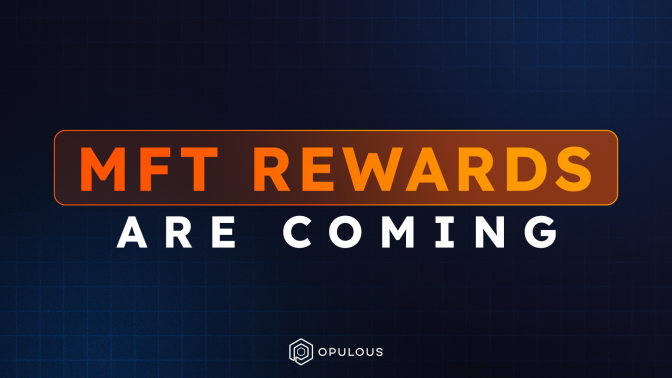
In today's digital era, the music industry is facing unprecedented changes. Opulous (OPUL) is reshaping the music industry by combining blockchain technology with decentralized finance (DeFi). This platform not only provides artists with a new way to financially support, but also allows fans to invest in music rights, creating a win-win situation. This article will take an in-depth look at how Opulous empowers artists and investors.
A new era of music funding
The music industry has long been dominated by record labels, which tend to take large royalties from artists' earnings. The emergence of Opulous completely changed this situation. The platform allows musicians to raise funds without having to sacrifice ownership of their work. By issuing music-related NFTs (non-fungible tokens), artists can generate revenue while fans can have a stake in the artist's future success.
The power of NFT: As an emerging digital asset, NFT allows artists to raise funds in a more flexible way. Each NFT represents partial ownership of future royalties, which means that when artists earn money, fans who hold these NFTs can also receive corresponding returns. Such a model not only increases artists’ earning potential, but also strengthens their connection with their fans.
OPUL Token: Key to Artist Empowerment
In Opulous’s ecosystem, the OPUL token plays a vital role. Artists can use OPUL tokens to issue their own music NFTs. These NFTs are not only digital collectibles, but also represent future earnings. When fans purchase these NFTs, they not only support their favorite artists, but also have the opportunity to earn potential rewards based on music streaming revenue and licensing deals.
Direct artist-fan relationship: OPUL’s design enables artists to interact directly with fans, eliminating the need for intermediaries such as traditional record labels and banks. This not only allows artists to earn more income, but also allows fans to participate more deeply in the music creation process, forming a new community culture.
The perfect combination of DeFi and music
Opulous is more than just a music NFT platform, it also leverages the features of DeFi to allow artists to borrow money based on their music catalogue. This means that artists no longer need to rely on traditional lending institutions, but can instead receive financial support for their own creations. This model not only enhances the financial autonomy of artists, but also provides more financial security for their creations.
Financial rewards for fans: At the same time, fans can also participate in this ecosystem. By staking OPUL tokens, fans can receive additional rewards, which not only increases their return on investment, but also further promotes the development of the music industry. This two-way incentive mechanism allows every participant to benefit from this emerging music ecosystem.
in conclusion
Opulous is pioneering a new path that allows artists to thrive in a decentralized world. By empowering artists and providing unique investment opportunities to fans, Opulous not only differentiates itself in the music industry, but also demonstrates its transformative potential in the financial industry. With the development of blockchain and DeFi technology, the future music industry will be more diversified, and the connection between artists and fans will be closer.
Whether they are artists or fans, Opulous provides a new platform for them to grow together on their musical journey and create a new era of music in the future.